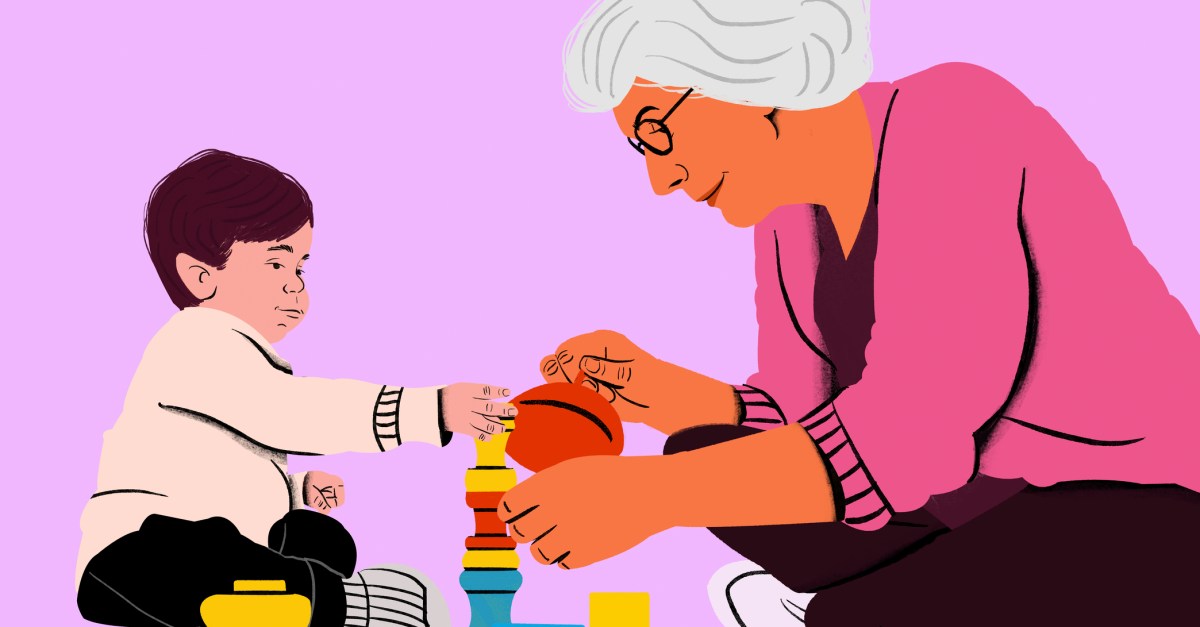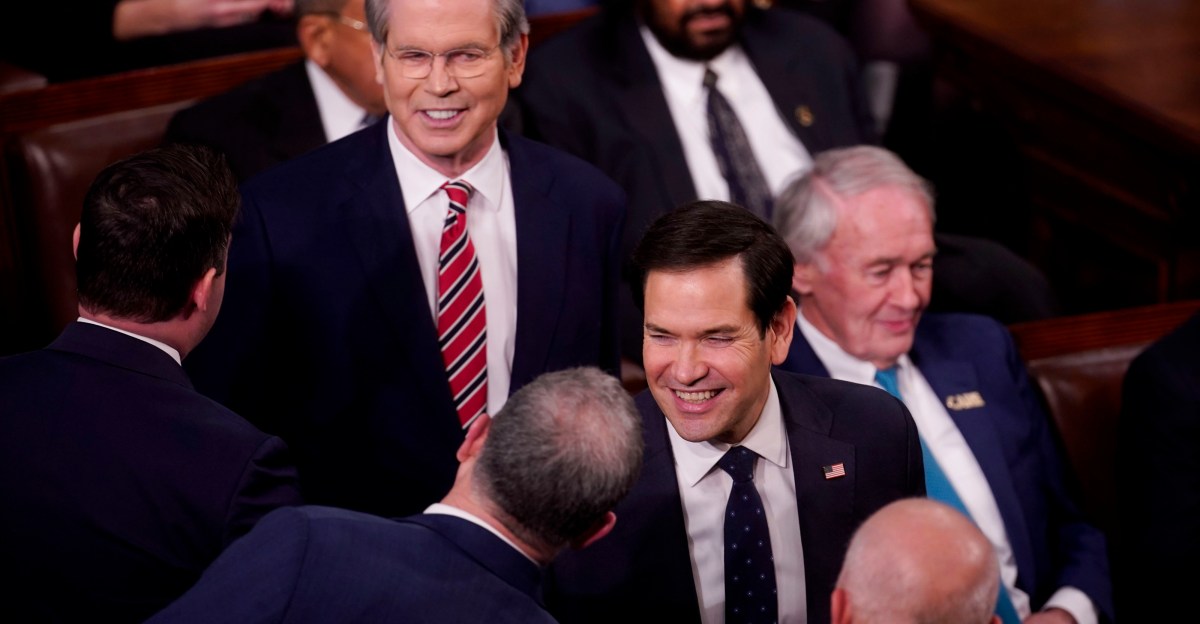Now Reading: These adults have a unique impact on kids’ lives. They need more support.
-
01
These adults have a unique impact on kids’ lives. They need more support.
These adults have a unique impact on kids’ lives. They need more support.

This article was originally featured in Kids TodayVox’s newsletter dedicated to kids. To receive future editions, sign up here.
The narrative often revolves around the solitary nature of modern American family life—parents navigating on their own, kids confined indoors, and the vanishing community. Nevertheless, there is a contrasting trend steering American childhood towards a more communal path: Grandparents are assuming a larger and more enduring role in the lives of kids.
One factor at play is the demographic shift. With declining birth rates, the average number of grandchildren per grandparent has also reduced. Susan Miller, a 67-year-old grandmother in the Washington, DC area, mentioned that while her mother had 13 granddaughters, she now has only four grandchildren. She noted that having fewer grandkids “gives you more time with them.”
Furthermore, the extended life expectancy implies that kids nowadays have more years with their grandparents than in the past, even though people are having children later in life. According to Ashton Verdery, a sociologist at Penn State University, these developments are likely fostering deeper relationships between grandchildren and grandparents.
Miller and her spouse spend summers in Minnesota with their grandkids, engaging in activities like cooking, crafting, playing, and staging plays and puppet shows. She shared how her 11-year-old granddaughter has her husband “really wrapped around her finger,” adding that he even dresses up and pretends to be a ballerina.
In addition to participating in spontaneous ballet performances, grandparents offer numerous benefits to kids. Across various cultures, spending more time with grandmothers and grandfathers is associated with improved educational and mental health outcomes. They can provide a fresh perspective to children and sometimes approach childcare with a more relaxed attitude than their stressed-out adult children, as mentioned by Susan Kelley, a retired nursing professor at Georgia State University who has researched grandparents raising grandchildren.
Nonetheless, grandparents are increasingly stepping in to fill gaps in America’s failing childcare system, a role they may not always be eager to assume. Experts suggest that policymakers should implement reforms allowing grandparents to spend time with their grandkids out of choice rather than necessity.
Grandparents and grandchildren sharing close relationships are not a recent phenomenon. Tobi Adejumo, a doctoral candidate at the University of Colorado Denver who has studied grandparent care, highlighted the long-standing tradition of intergenerational caregiving by grandparents, particularly grandmothers. Multigenerational households have historically been prevalent in many communities, with Asian American, Black, and Latino families more likely to have grandparents and grandchildren under one roof compared to white families.
While the notion that grandparents formerly provided a significant amount of childcare may not be entirely accurate, the current landscape with smaller families and delayed childbirth means that grandparents are less likely to be actively parenting. This change allows them to have more quality time with each grandchild. The interaction between grandparents and grandchildren is evolving, with older adults being more physically active and financially stable, enabling them to engage more actively with their grandchildren.
The article emphasizes the importance of acknowledging the role grandparents play in children’s lives and ensuring they are supported in this role.



